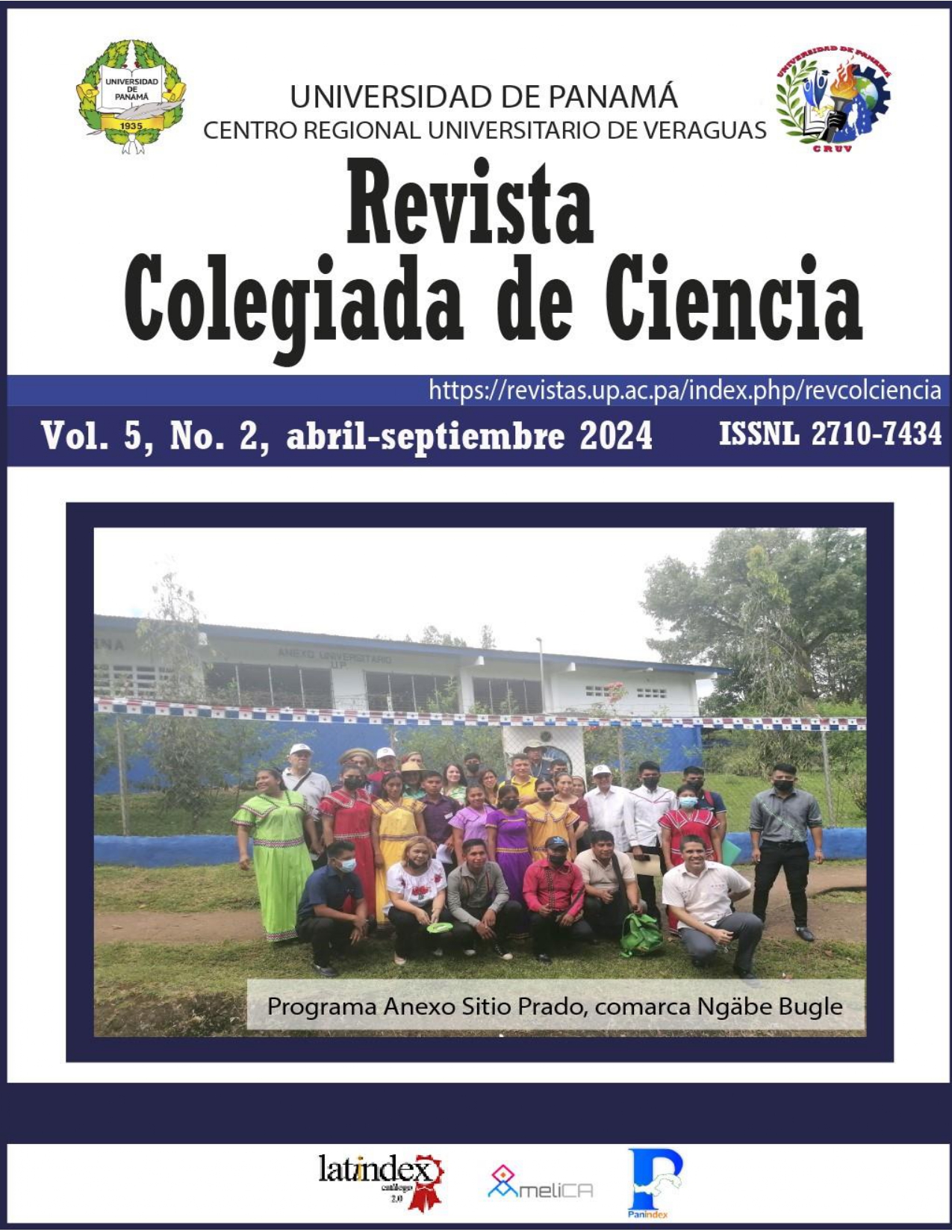

Language plays a significant role in our daily lives and is an essential part of our identity as human beings and members of society. It holds unique views, patterns, and beliefs distinct from its speakers; as Amery (2019) noted, when a minority group speaks a different language, they can choose to keep using it, become bilingual, or switch to the dominant language. The first option is language maintenance, where the community collectively chooses to keep using their traditional language(s) (Fasold, 1984). The second option is bilingualism, where individuals use both languages in different contexts for cognitive and social reasons, as Grosjean (2008) and García (2009) pointed out. Bilingualism is excellent for professional development and preserving heritage languages. Some Indian communities in America face language extinction, but some indigenous areas in Panama have successfully preserved their cultural heritage for centuries. A study was done to see if women in indigenous communities are less likely to use heritage languages than men. Participants took an oral and written exam and were asked which language they preferred for daily conversations. The study had support from a bilingual facilitator. The study was conducted with a sample of 120 people of legal age, including 60 men and 60 women, from the local area of Sitio Prado. Results showed that, as hypothesized, women are more conservative in the Ngäbere language than men by a small margin of difference of 3% in the preference level in using the Ngäbere language. It was also shown that both women and men are more conservative in their mother tongue between the ages of 24 and 29. Preserving the Ngäbere language is crucial for future generations and their cultural identity. It should be introduced into the formal education system.